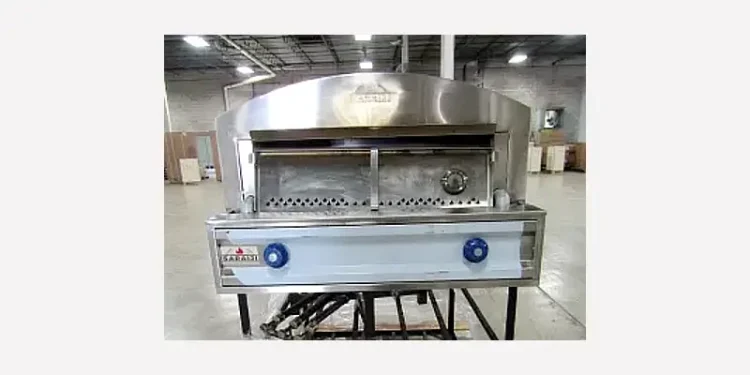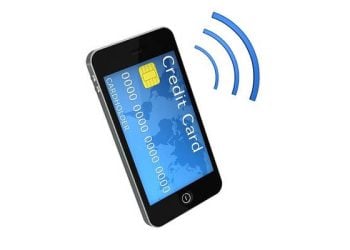U.S. Customs and Border Protection (CBP) officers at the Norfolk-Newport News port seized counterfeit commercial kitchen equipment valued at approximately $38,000. The shipment from Jordan, intended for a Chicago suburb, bore unauthorized UL certification marks, highlighting CBP’s commitment to enforcing trade laws and ensuring consumer safety.
The seizure of counterfeit kitchen equipment by CBP underscores the agency’s dedication to maintaining lawful imports and protecting U.S. consumers from potentially unsafe products. The equipment, shipped from Jordan, was found to have unauthorized UL certification marks, which are crucial for ensuring compliance with U.S. safety standards.
CBP collaborated with experts from Underwriters Laboratories (UL) to verify the counterfeit status of the shipment. This partnership exemplifies the importance of cooperation between federal agencies and industry leaders in identifying and intercepting fraudulent goods before they reach American consumers.
Ensuring Safe Imports
The enforcement action taken by CBP reflects broader efforts to combat counterfeit goods entering the United States. By seizing shipments that violate trade laws, CBP not only protects consumers but also supports legitimate businesses that adhere to safety standards and regulations.
Actions Taken by CBP
- Seizure of approximately $38,000 worth of counterfeit kitchen equipment.
- Collaboration with UL brand protection experts to confirm counterfeit status.
- Enforcement under U.S. trade laws to prevent entry of unsafe goods.
- Protection of U.S. consumers from potential hazards associated with counterfeit products.
Counterfeit Kitchen Risk
Fake appliances also threaten a restaurant’s survival. Most insurers require UL-certified equipment, so using counterfeit machines could lead to denied claims after accidents, compounding financial losses for already tight-margin businesses.
National Impact
Counterfeit trade drains the U.S. economy by an estimated $500 billion yearly. In FY 2024, CBP seized 32 million fake goods worth $5.4 billion if genuine. Counterfeit kitchen gear is especially dangerous, as poor wiring or gas fittings magnify public safety risks.
The Norfolk case mirrors earlier seizures at ports in LA and New York, where counterfeit equipment also carried fake safety marks. With imports arriving from Asia and the Middle East, CBP’s enforcement programs remain critical to protecting U.S. consumers and businesses.
Quick View
| Category | Data / Impact |
|---|---|
| Value of Seized Equipment | $38,000 (grills, fryers, pizza oven, rotisserie) |
| Destination | Suburb of Chicago, IL |
| Restaurants in Chicago Area | ~19,000 establishments; 275,000 employees |
| Certification Issue | Fake UL mark (no certification file numbers) |
| Fire Risk Context | 10% of U.S. restaurant fires caused by cooking equipment (USFA) |
| FY 2024 Counterfeit Goods | 32+ million items seized, valued at $5.4 billion if genuine |
| U.S. Economic Cost | Estimated $500 billion annually from counterfeit imports |
| Key Enforcement Unit | CBP’s Consumer Products & Mass Merchandising CEE |
Global Trade Challenges
This incident highlights ongoing challenges in global trade enforcement, particularly concerning counterfeit goods originating from foreign countries like Jordan.
Ensuring authenticity in safety certifications is vital for maintaining consumer trust and upholding trade integrity within complex international supply chains.
Additional Reading
To Sum Up
The seizure by CBP serves as a reminder of the critical role played by federal agencies in safeguarding consumer interests against fraudulent imports. Through strategic partnerships and rigorous enforcement actions, such initiatives help maintain high safety standards while supporting economic stability within the United States.
Sources: U.S. Customs and Border Protection, Underwriters Laboratories (UL), and International Trade Administration.
Prepared by Ivan Alexander Golden, Founder of THX News™, an independent news organization delivering timely insights from global official sources. Combines AI-analyzed research with human-edited accuracy and context.








